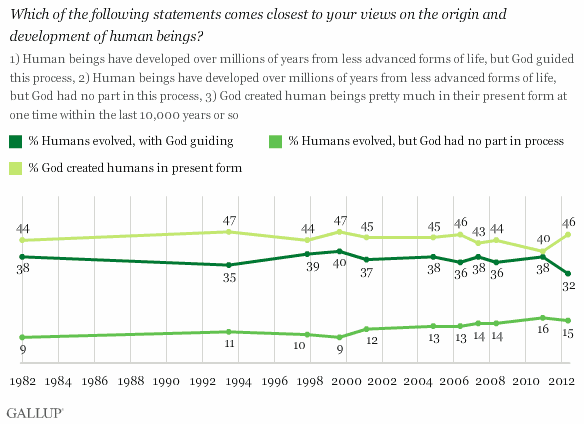
copyright © 2011 Betsy L. Angert. Empathy And Education; BeThink or BeThink.org
Near a month has passed since the Save Our Schools storm swept through Washington District of Columbia. As with all squalls the effects of such an event linger long after the winds die down. A physical space cleaned-up after a tempest takes place does not erase the memory of what occurred. Be it a blast of air or an action, the calm does not close a chapter in our lives. The current, commitment, the cause, and our concern do not wane with time, that is, unless we choose to move on or tell ourselves that that is possible. I believe the notion the past is past is fallacious. Our past permeates the present and is a foundation for the future. Thus, for me, the thought, and the March to Save Our Schools are strong. It survives as is evidenced by the now named Movement.
I believe the Movement did not begin with the March. The happening was but a moment, albeit an extremely significant historical occurrence. The energy exhibited on July 30, 2011 was an expression of what preceded it and illustrates what will follow. Determined not to invite the doom of a forgotten precedent, demonstrators such as I reflect on what was. Together we will build a better potential for our progeny. May we begin to extend the journey today? Ask yourself what you saw, did, felt, tasted, touched; tell your Save Our Schools March story. I offer mine as a gift to you.
I ask and answer questions presented to me. Whether you were in Washington, District of Columbia for what some characterize as the main event, at another Demonstration elsewhere, or connected only through the tube, YouTube, radio, and papers, what did you perceive, receive, or retrieve? Please share your personal story!
May our offspring, schools, society, and we, grow greater through our caring and sharing. Let the past, the procession, and the prospect be our guide.

 An elementary school in Nashua, NH, has agreed with the parents to
An elementary school in Nashua, NH, has agreed with the parents to 




 It’s been a rather tough week for capitalists. With people waking up from the illusion of money and riots erupting in otherwise reserved England, I almost feel a little sorry for the advocates of Milton Friedman. Almost.
It’s been a rather tough week for capitalists. With people waking up from the illusion of money and riots erupting in otherwise reserved England, I almost feel a little sorry for the advocates of Milton Friedman. Almost.